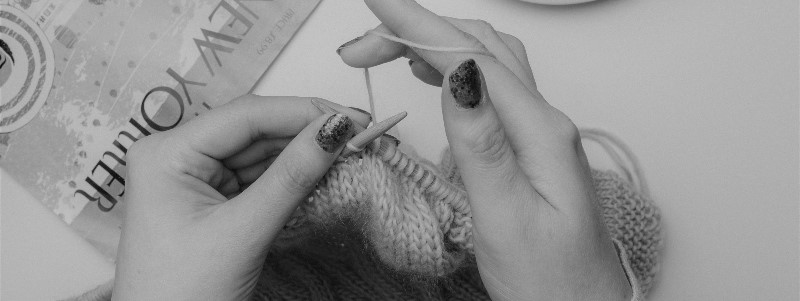The importance of boundaries in psychotherapy
I think it’s probably fair to say that all models of psychotherapy view boundaries as important. Analytic therapies particularly emphasise the role of boundaries and see them as integral to the psychotherapeutic process.
There are many ways of understanding why boundaries are crucial. When I reflect on my work as a therapist, I particularly think about how boundaries seem to offer containment, safety and consistency. These conditions seem vital for many reasons, not least because many people who enter therapy have not had them met sufficiently in their childhood.
In one-to-one therapy, it is the therapist who is responsible for holding the boundaries and keeping the work feeling safe and contained. For example, you can reasonably expect that the therapist will be on time to sessions, will aim to give plenty of notice for cancelled sessions (except obviously for emergencies like sickness), will keep the things you share and your identity confidential. It would also be reasonable to expect that the therapist will not be eating food or drinking anything other than water in the session and not be under the influence of drugs or alcohol. Most models disapprove of therapists making any physical contact with you – so no hugging or touching. And of course, essentially, the therapist must not confuse or abuse the relationship by becoming, or trying to become, something else, for example a sexual or romantic partner, friend, confidante or fellow patient.
Not only do boundaries offer a particular containment to the therapeutic work, how a patient might respond to them will also provide information and insights. This can prove useful for helping to understand ways in which they might struggle in the present or how boundaries (or perhaps lack of) were experienced as a child. Sometimes when people challenge boundaries in therapy, they are really trying to check that they will hold.
While therapists will regularly find boundaries pushed in individual work, overall, those who have had sufficient training and are working ethically, and in a patient-centred way, are generally able to keep the boundaries intact and the work secure and contained.
Boundaries in psychotherapy groups
In a group, keeping the therapy and members feeling contained becomes more complicated and the role of holding the boundaries can’t just reside with the therapist.
Before joining a group, potential members are asked to consider and commit to maintaining the group’s therapeutic boundaries. These are pretty much the same as those outlined earlier. In addition, keeping relationships safe and protected is helped by an explicit boundary of not having contact outside. Sometimes this isn’t possible for various reasons. In this situation, members need support and help from the group and therapist to maintain enough personal distance outside the group so they can keep themselves and the group feeling safe.
These boundaries are not rules for group members (there are no consequences to breaking them – within reason at least), but it is understandable that they can feel like it. Some of these boundaries are more obvious and easier to adhere to than others. For example, I have rarely experienced a group member under the influence of alcohol or drugs during a session and my experience is members are also very respectful of the need to protect each other’s confidentiality.
Where the boundaries become harder to maintain is more likely to be around repeated cancellations or lateness, or leaving the group without the required notice period. Also drinking coffee, tea or juice in the session, as opposed to just water, is in my experience not an uncommon boundary flouting. It’s harder perhaps to register the importance of these kinds of boundaries being held and to see why it matters. It can feel difficult for group members to question when they are being pushed by someone in the group. It’s easy perhaps to feel that they are making a fuss or doing something that is really the therapist’s ‘job’.
Because in group therapy there is more than one patient, there are multiple possibilities of boundary reactions and breaches, sometimes simultaneously. The group can feel the unsteadiness this creates at times. The therapist and the group members need to hold firm to help the group feel safe enough. The best way to do this is to name and talk about those times when members might test or push at the boundaries and explore the impact on the group, as well as the meaning for the individuals.
The aim, however, is not for members to never push boundaries (although it is a reality that some group members feel less compelled to than others). A group situation with no boundary challenges is unrealistic and, given what can be learned, not necessarily always helpful.
The theory underlying group analysis sees problems as belonging to the group, not just located in the individual member, and so anyone shaking the group boundary will be viewed as not just acting something out on their own behalf but also – more unconsciously – on behalf of the group. The culture of the group analytic therapy group, which includes being curious, means there is rich and therapeutic potential in thinking about the meaning of a boundary push on several levels – what it means for the individual, for the other group members and for the group as a whole.
Claire Barnes is an experienced UKCP registered psychotherapist and group analyst offering psychodynamic counselling and psychotherapy to individuals and groups at our Hove practice. She also offers couples therapy at BHP.
Further reading by Claire Barnes –
What is transference and why is it important?
What happens in groups: free-floating discussion








